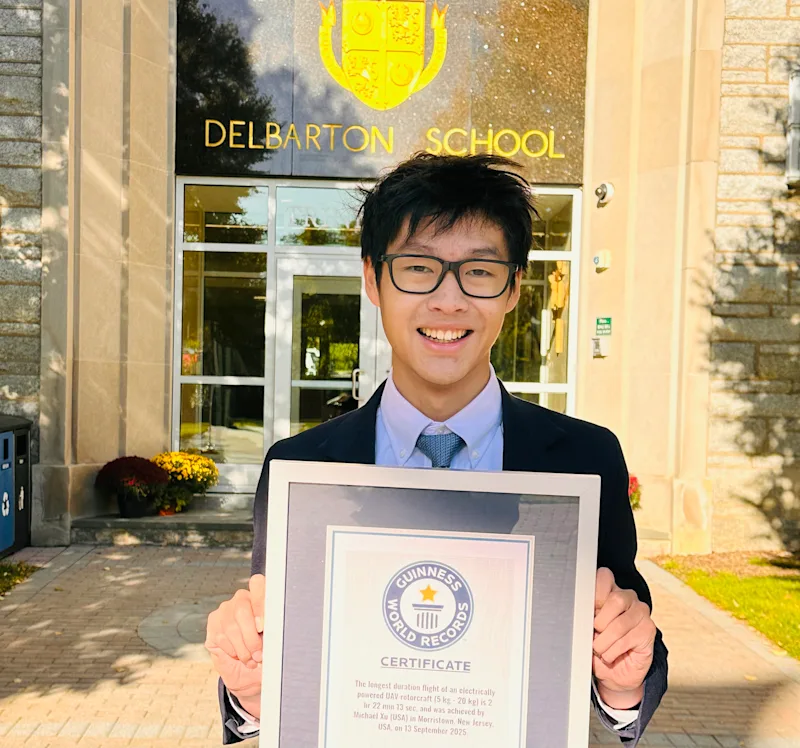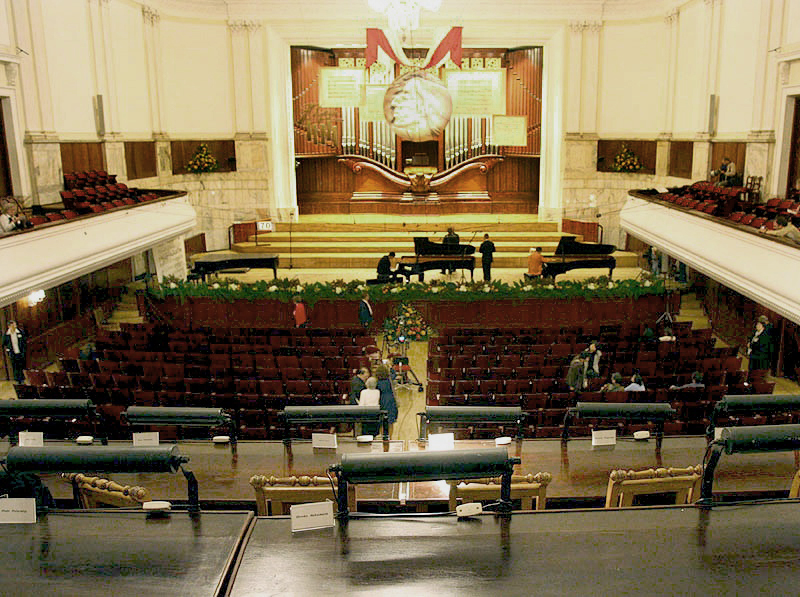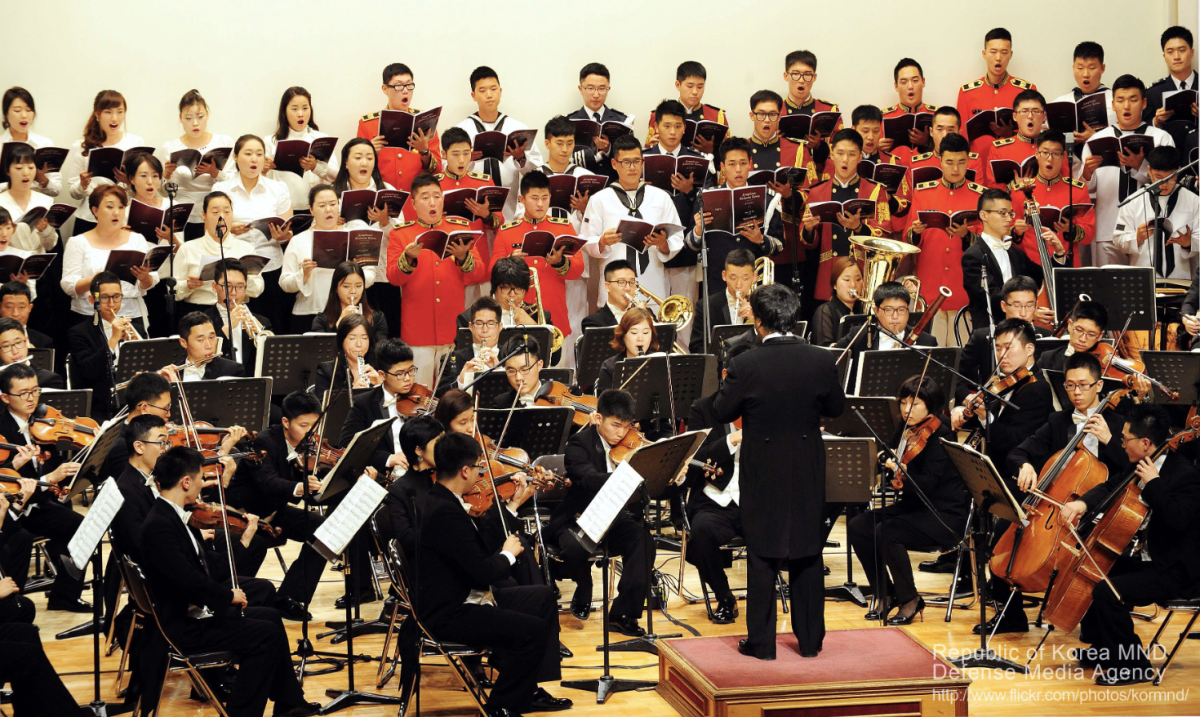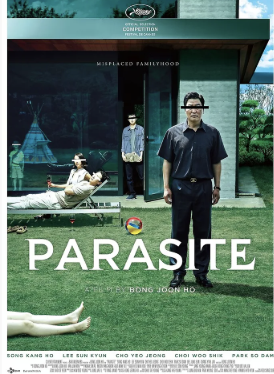As the field of artificial intelligence continues to grow, research breakthroughs have begun to impact other fields as well, such as music.
Recently, scientists developed a new type of glove to help with the rehabilitation of injured pianists. These “smart gloves” use pressure sensors and AI to detect if the user is playing the song correctly.
The glove consists of a soft exoskeleton with pneumatic actuators, which mimic hand movements, and fingertip sensors. The glove is meant to support hand movement and flexibility while still allowing the user to maintain control.
The researchers used artificial intelligence to sense if the playing was correct or not. They programmed the glove to play different versions of “Mary Had a Little Lamb” to establish a data base of possible errors. When tested on actual people, they found that the glove was able to identify any mistakes that the wearer made and could provide real-time feedback and correction.
The researchers hope that the glove can be used to help stroke survivors and those recovering from other neurological disorders relearn how to play the piano. However, further tests and improvements are needed to ensure higher accuracy before the gloves can be considered complete.
Meanwhile, in South Korea, the first ever robot musical conductor was tested. On Friday, June 30, EverR 6, developed by the Korean Institute of Industrial Technology, conducted the National Orchestra of Korea.
The concert, which took place in the National Theatre of Korea in Seoul, sold out completely. The orchestra performed a 12 minute piece titled Feel by Il-hoon Son. The piece, which contained no musical notation, was intended to allow both human musicians and the robot conductor to work together.
EverR 6 was programmed to copy the movements of Yeji Jeong, the assistant conductor of the Korean National Orchestra, and conducted 30 beat pattern cycles. Meanwhile, Soo-yeol Choi, the artistic director of the Busan Philharmonic Orchestra, took on a more improvisational role to communicate interpretational aspects to the orchestra.
Thus, while EverR 6 was able to maintain an accurate and steady rhythm, a human conductor like Choi was still needed for the musical aspects of the performance.
As new experiments are conducted and inventions are developed, artificial intelligence will certainly continue to affect other disciplines as well.































